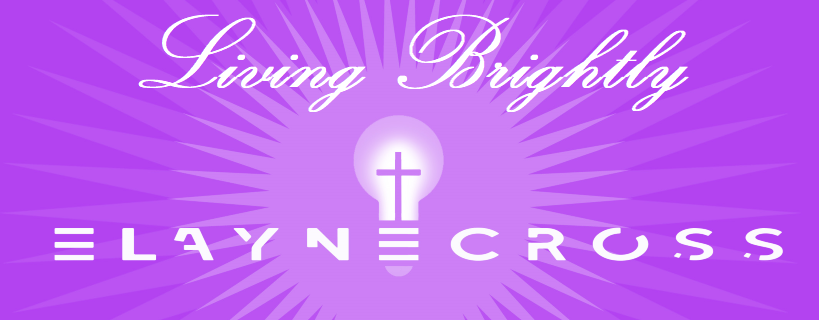What was the weather like the day you graduated? Who was there? What did you wear? Hummm Can you remember your sibling’s graduation with the same details? No, because it was not about you but significant enough to remember a few details. Significant memories get imprinted in your brain. If I asked about the same day, in a different year, it would have no significance and you would remember virtually nothing about it. Recalling a day without significance with any accuracy is virtually impossible.
A simple action can change your day making it fabulous or disastrous. It’s wonderful when good news swells your heart causing a smile to break, and everything feels lighter. Significant events are shocking to your system. Visual stimulation, a song on the radio, aromas, temperature, or weather can lock onto the memory to embed it deeply within your brain. The more impactful the experience the longer the significant memories endure, binding these links between your senses, emotions, and the events of the day. Later one of these stimuli can trigger the memory.
Music on the Radio

When a significant event happens with music, the music helps seal it as a Significant Memory.
Recently I was driving with my niece when a song came on the radio and she squealed with excitement and turned up the volume. We immediately started singing, loudly, with hands held high, and smiling. As it ended, she detailed a memory when she was young and visiting with me and her cousins. “Remember when I was over and we would sing this so loud, with the windows open?”
To her the song was a favorite sing-a-long we sang with great volume and gusto. Hearing it with me in the car triggered happy memories. I must admit it took me a little time to recall the significance of the song because my children and I sang with gusto to a great many songs. For my niece the memory was sealed with this particular song, over a particular summer, because it represented being with us. A special and different time from her normal routine. Her excitement and detail slowly pulled the memories from the recesses of my mind.
Memories stored in the Brain
We all have things that trigger memories and the feelings associated with them. These can be hard to describe because the areas of the brain that control emotions and senses, the Limbic System, is different from the area which controls language, the Cerebrum. The Limbic System includes the Hippocampus which controls converting short term memory to long term memory. The link between long term memory, emotions, and senses explains why a seemingly inconsequential song can evoke a powerful response from a significant memory.
It would be wonderful if this only worked for the positive and special memories like graduating, proposals, and spending time with those you love. Unfortunately there are triggers which make you feel icky, anxious, and at a loss for words. Stimulation from specific senses triggers a memory, sight, sound, aroma, or others. Often the connection with your senses starts the memory recall through physical or emotional responses. The ability to articulate the memory follows.
When senses trigger a negative significant memory it often initiates a fight or flight reaction. Those in the vicinity may receive the initial blunt of a fight reaction whereas the need to flee demands moving, walking, or anything to get away. The situation, the person, and the memory can stimulate either a need to fight or flee.
Surprise, you just triggered a Significant Memory!
Yesterday my daughter asked me a question not unlike the million questions a child can ask their mother through the course of life. It was about some red flags a friend had noticed and wanted prayer. After suggesting, she use my story she said she didn’t really know it. In the moment, I decided it was a good time to fully answer her questions. I had talked to her about triggers I have identified over the years but not the story behind the trigger. It had been a long time since I had a strong reaction to sharing my significant memory and the resulting response caught me off guard. There was no sudden reaction but a slow building eruption.
Over the years, I have confronted many skeletons in my memory closet. My story is mine as is my perspective. I believe sharing my story can help others like me, or those who love someone like me, who can react in weird and unpredictable ways to insignificant things because of traumatic experiences in their past. Countless unpredictable things can trigger significant memories but through what I share in this series, I have deactivated almost all of my triggers. This is the second in a series of several posts concerning triggers, and other oddities of becoming healthy and happy. Read the first post Triggers Initiate Action here.
Read Part 3 in the series PTSD here
©2018, 2021 Elayne Cross
